Popular music in Ivory Coast
By Honoré Essoh
Since gaining independence in 1960, Ivory Coast has remained one of the major crossroads of African music. Over the years, local musicians have successively merged local rhythms with external influences. Stars and their records alike were spotted and exported, but production quality has been on the decline.
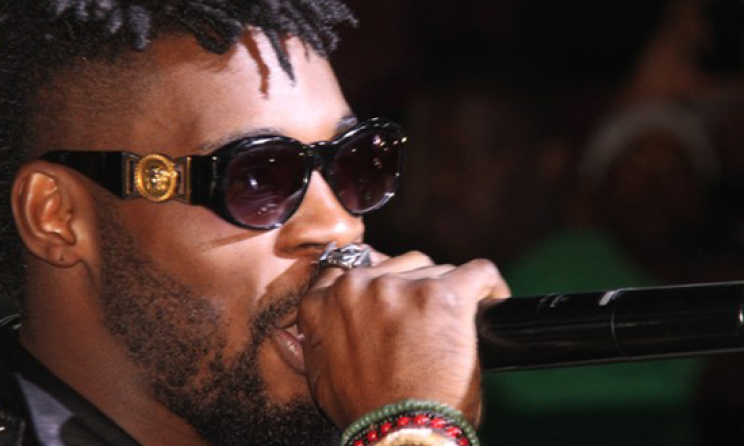 DJ Arafat.
DJ Arafat.
Pioneers: the school of orchestras
A legacy of colonization, the use of orchestras was an integral part of the career of the first musicians in the country. A true training ground in the early 1960s, it was an imperative passage to a professional career. Contrary to the running trend, some musical ensembles were not limited to reproducing the titles of Cuban, African and European music. They composed and performed titles in local languages or merged them with the traditional music of their homelands. Around 1965, the most popular orchestra became Ivoiro Stars, led by Amédée Pierre. A nurse by training, Nahounou Digbeu (his real name) was the first to soar to fame with this form of ‘fusion’ music. Amédée Pierre blended pop from the West and Congolese sounds with rhythms and lyrics of Bete, a local language of the Central West, his ethnicity. His first titles were ‘Bida Zougou’ (1965) and ‘Thérèse Boigny’ (1966).
Another leading figure of this period is Mamadou Doumbia, the founder of the Orchestre de l’Entente (or Agreement Orchestra). Originally from the north, he sang in Malinké and blended foreign music, poetry and Mandingo melodies. A brilliant guitarist and composer, he made history with the song ‘Super Baby’ (1966). The Rhythms of Cosmos from the trumpeter Fax Clark, the Yapi-Jazz of René Yapi, the Ivoiris Band of Anouma Brou Felix or OFI Bouake are also part of the musical groups that warmed up the nights of Abidjan.
With regard to the first women to make their mark, the twins Comoé sisters are worthy of note. Madiara and Mariam fascinated and surprised, gathering laurels with hits like the famous ‘Abidjan Pont Sous’ (1962). But after a career that spanned nearly a decade, they bid farewell to the musical scene, forced by family pressure.
Ziglibithy
In the early 1970s, a young ‘wolf’named Ernesto Djedje appeared more daring than his elders. He modernized not only the traditional Bete music, Ziglibithy, but indeed added new concepts, such as American style. He spotted a special look: sequined clothes, huge trousers, colorful shoes and impressive costumes - and displayed a breathtaking stage performance, strongly inspired by the American superstar of the moment, James Brown. The success was immediate. But Ernesto Djedje saw a major rival: his former mentor, Pierre Amédée, who had hitherto reigned supreme on the Ivorian musical scene. A few years earlier, Amédée had discovered Ernesto Djedje and entrusted the direction of his orchestra before the later left to stand on his own feet. The competition between the two men was seen through their songs and shifting admirers.
Other young singers walked in the footsteps of Ernesto Djedje. The best-known names were François Lougah, nicknamed ‘the Ivorian James Brown’. Bailly Spinto was rather close to crooners like Marvin Gaye or Nat King Cole, who performed songs with local airs. On the female wing of the revolution, Aïcha Koné, nicknamed ‘the diva of the Ivorian music’, warmed hearts with her enchanting voice. Her rival, Queen Pelagie, electrified crowds with her frenzied dance moves.
Reggae: Alpha Blondy steals the students
As with the predecessors, the Ernesto Djedje generation was jostled by a new breed of musicians: the students. Letting go of local languages, they sang mainly in the popular Ivorian French. This period saw the rise of the Orchestra of the University of Abidjan, called the OAU, with its hit-list of stars: Big sat, Tiburce Koffi, Paul Dodo, Momo Louis, Abu Smith, Ramses Kimon, Ishmael and Ritchie.
Upon return from the USA in 1982, a self-made singer named Alpha Blondy superseded the students. With his first title ‘Brigadier Sabari’, he introduced reggae to Ivory Coast and in Africa.
Ziguehi, Zouglou, Zoblazo
A few years later, young singers tried to introduce hip-hop. Americanized, they register an ephemeral success by the end of the decade. François Konian - musician, owner of record companies and mostly famous for the celebrated orchestra, Woya - renewed the experience. He established the RAS trio and gave the Ivorian hip-hop more contours. His group named their crossbreed Ziguehi and gained recognition beyond the country. These youth, from disadvantaged neighborhoods, depict the difficulty of their daily lives through Nouchi, a language increasingly widespread on the streets of Abidjan.
In the early 1990s, the country was shaken by an unprecedented social and political crisis, leading to accession to the multiparty system. A social discontent rang out of the university, where a new wave of students reacted - this time without orchestra music. They created Zouglou that warmed up the grounds during interschool sports competitions. This new rhythm that denounced the ills of the society found expression beyond the campuses. New groups began to multiply, such as Campus Parents, The Bastards, The Mechanics and Magic System, who found unprecedented international success both in Africa and in France with the hit ‘Premier Gaou’.
Zouglou created some room for Zoblazo, modernized traditional music, of which the standard bearer was Frédéric Ehui, aka Meiwa. He was revealed in a contest, The Podium, held on Ivorian television with the aim of restoring the dignity of orchestras. The initiative allowed many talents to blossom. But the groups did not last long, with opportunities for recording being so limited.
Coupé-Décalé
A new crisis erupted in Ivory Coast, leading to the first military coup in 1999. It was followed by the birth of Coupé-Décalé and the explosion of music piracy. The new musical trend was driven by DJs and inspired by Congolese music, including music for entertainment. The stars were Douk Saga (who died in 2006), DJ Arafat, DJ Debordeau and DJ Mix. They made their mark on the country and their products were well-distributed across the West African sub-region. Jealous critics blamed the singers of ‘killing’ Ivorian music.
Technological developments have democratized the Ivorian music industry and recording studios have sprang up everywhere. The singers of Coupé-Décalé released new singles without going through the traditional record label channels, making them available to the general public or sharing them freely on the internet or in bars and nightclubs. They did so to showcase their talent and attract attention while living off income from live shows. This, according to them, has been unavoidable given the explosion of piracy.





















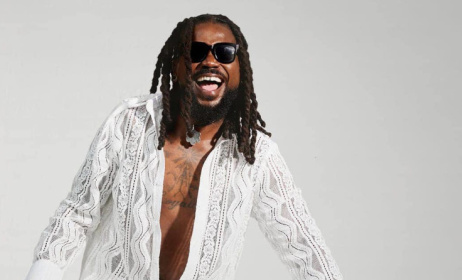
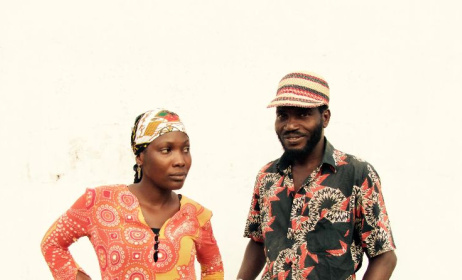
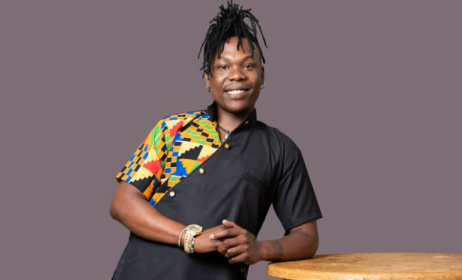

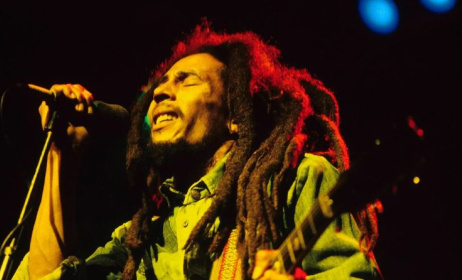



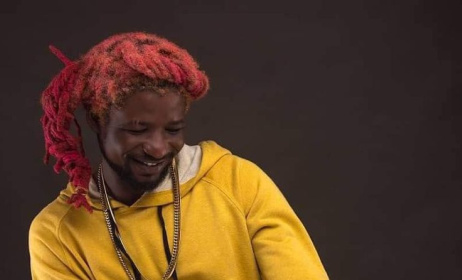
Comments
Log in or register to post comments